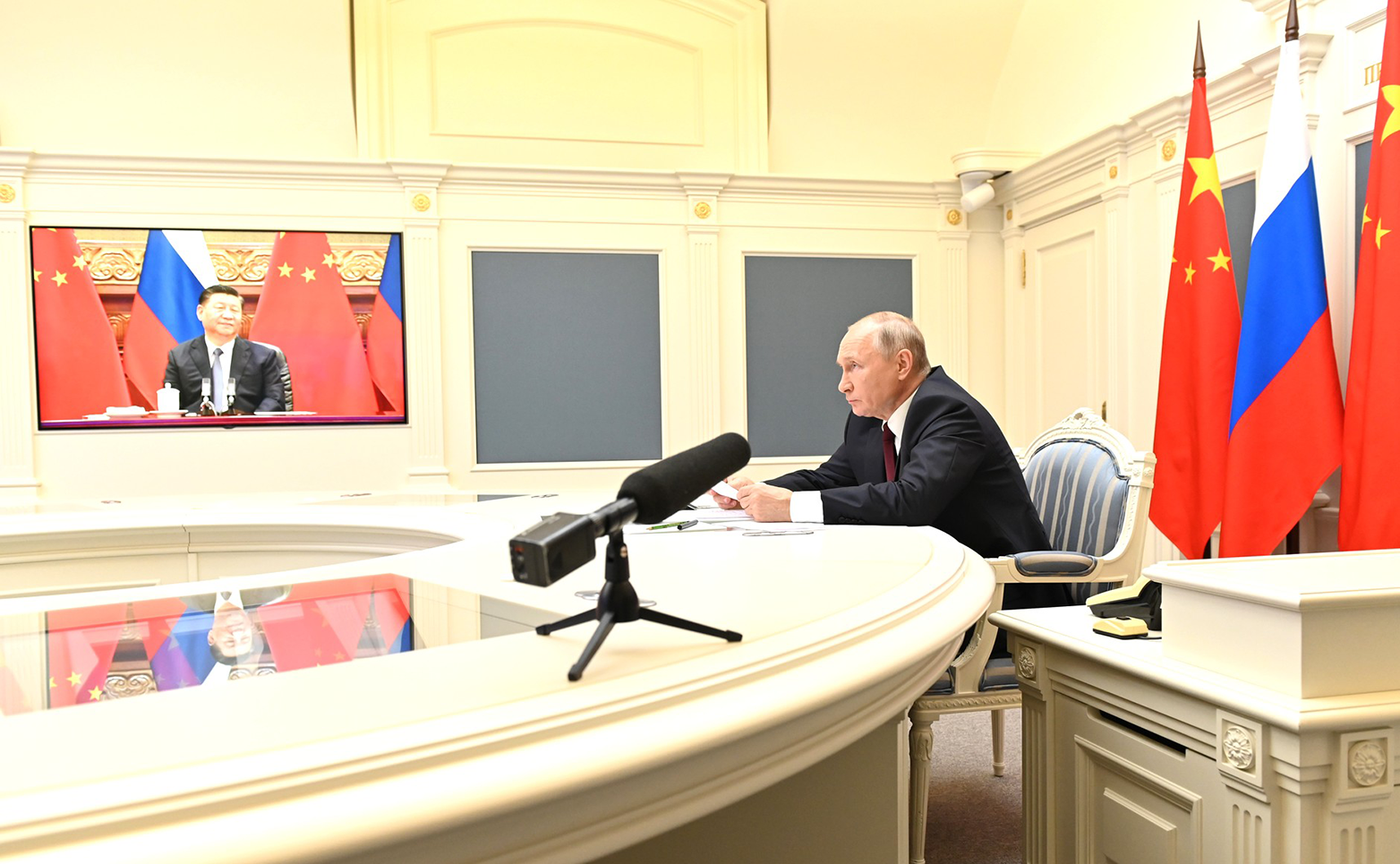The Taliban Takeover and China-Russia Relations
The Taliban’s takeover of Afghanistan could serve as an important test for relations between China and Russia. The emerging situation could stimulate increased bilateral cooperation, including in regional security affairs, but it could also create challenges for the relationship. The outcome will affect the dynamics of China-Russia relations in both Central Asia and South Asia, argues Brian G. Carlson in this CSS Analysis.

For both China and Russia, the Taliban’s takeover of Afghanistan presents opportunities as well as risks. In recognition of the Taliban’s continued strength, both countries cultivated ties with the movement in recent years and might now recognize it as the legitimate government, hoping thereby to safeguard their own interests. Both China and Russia view the US withdrawal and the Taliban takeover as an opportunity to weaken US prestige around the world, remove any possibility of a long-term US military presence in the heart of Eurasia, and bolster their own regional influence. At the same time, both countries are highly attentive to the risks of renewed instability and resurgent terrorism in the region. Despite the opportunities that now beckon, Taliban rule in Afghanistan could ultimately prove to be a liability for both countries.